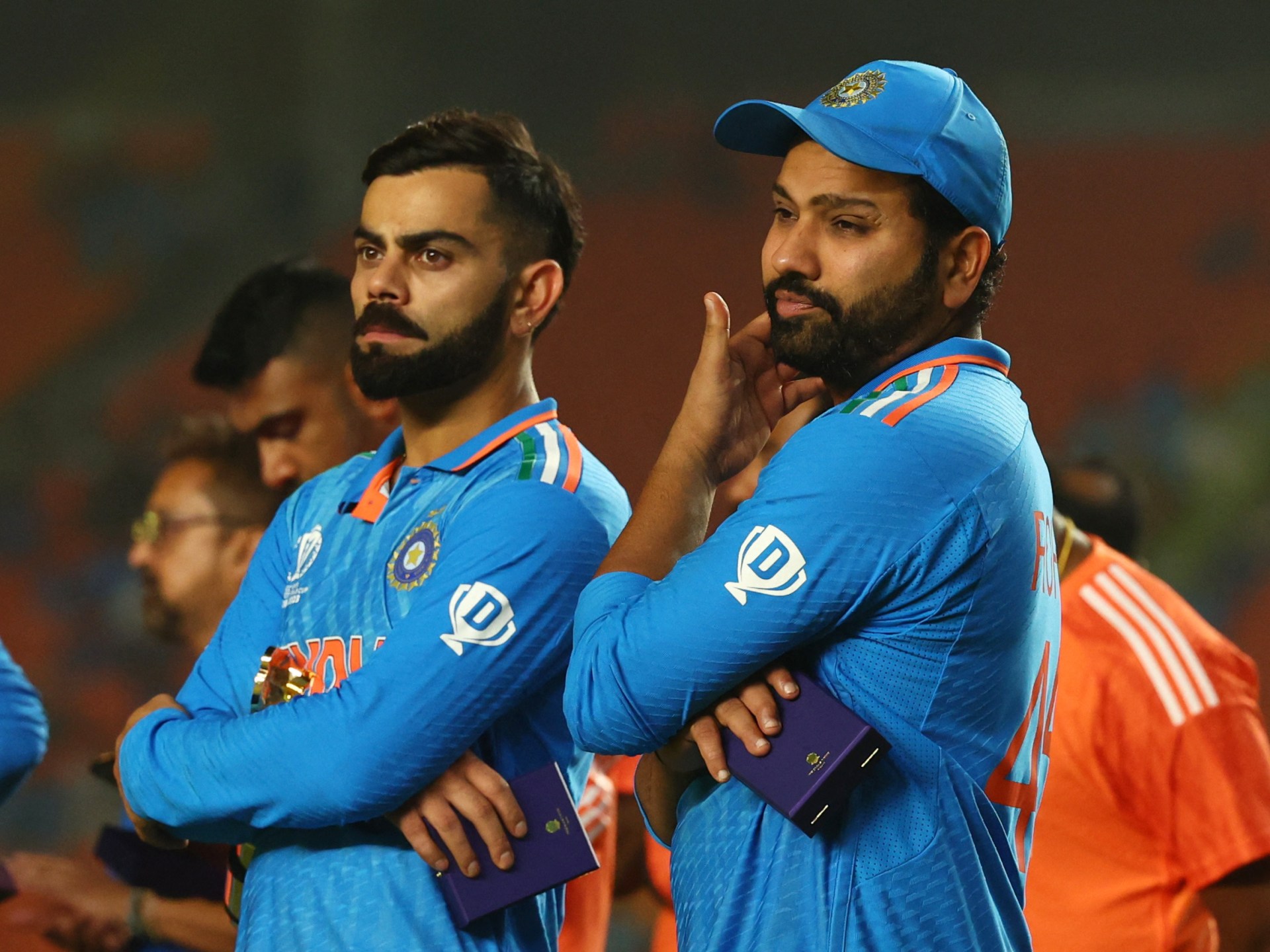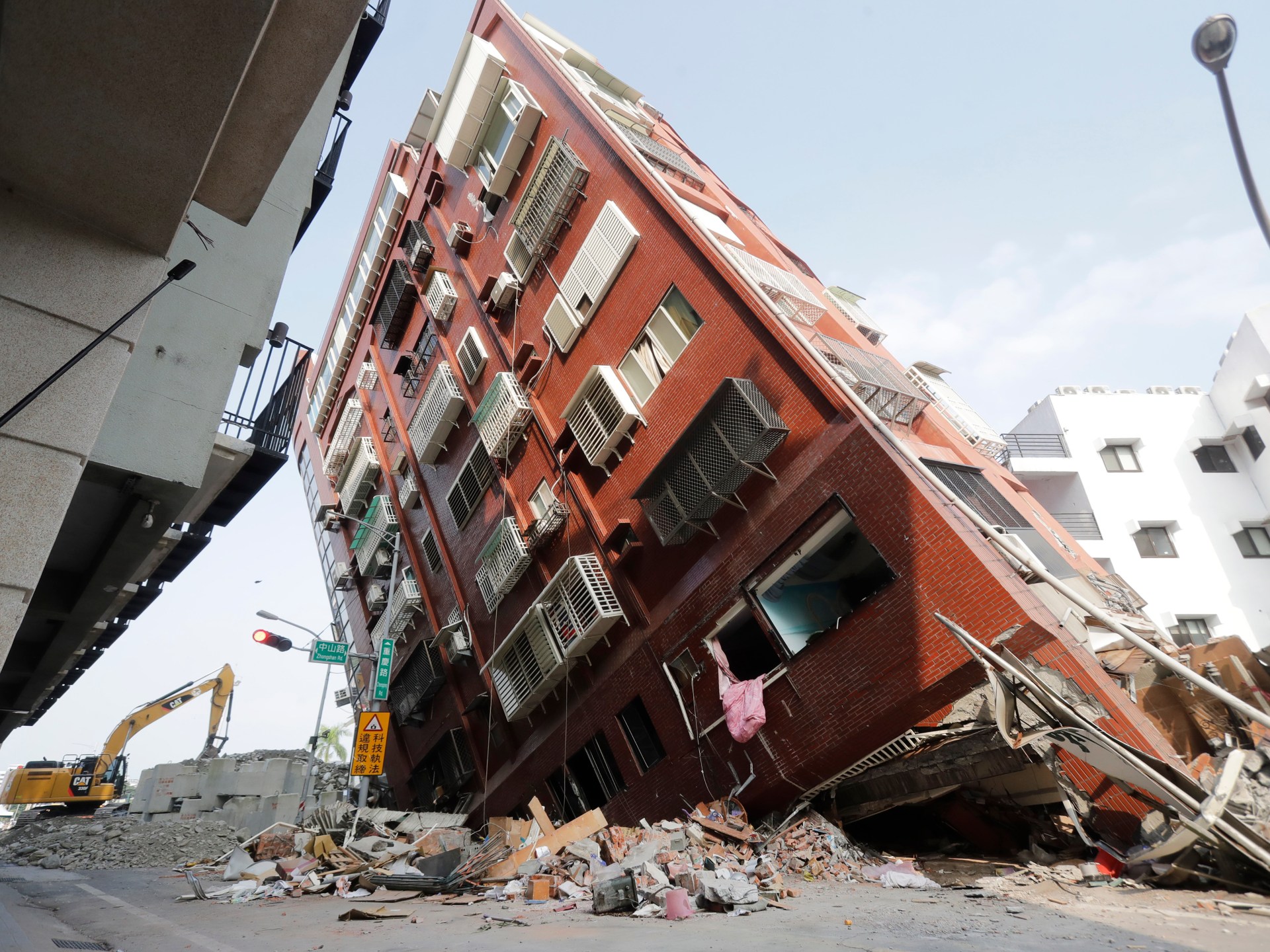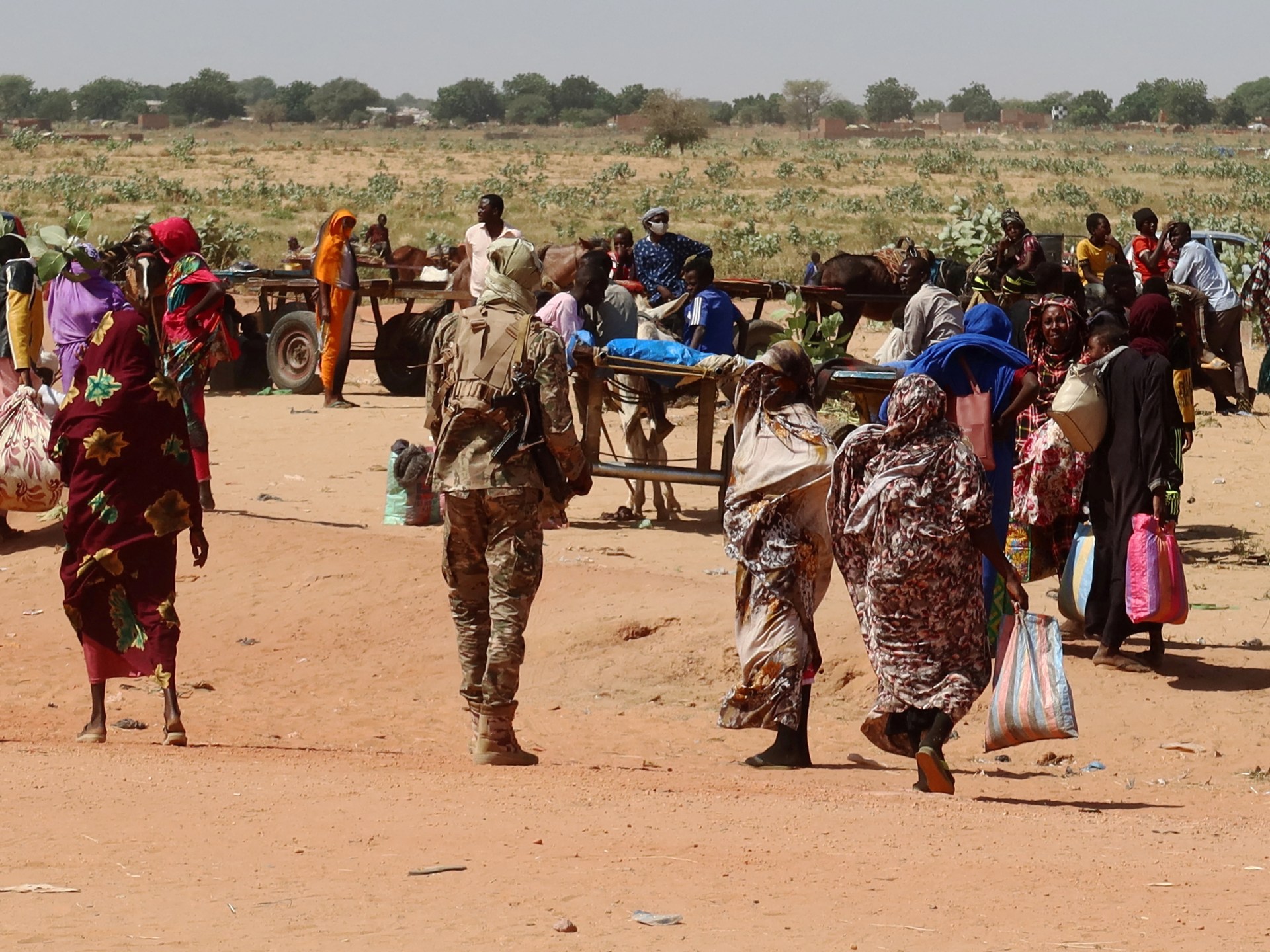World Press Freedom Faces a Perfect Storm — Global Issues
TORONTO, Canada, Apr 29 (IPS) – The UN will be commemorating World Press Freedom Day on May 3. The following article is part of a series of IPS features and opinion pieces focused on media freedom globally.Empowered by a global pandemic and the drum beats of war, the strongest despots are growing more despotic, and criminal cartels even more brazen in their violence. Extremists of various hues are also stepping out of the shadows.
Just when the world most needs press freedom to thrive, the liberties that societies only really treasure when they are emasculated are coming under more pressure from different directions, old and new.
Lest you think that this deterioration is the preserve of less developed countries under autocratic rule, RSF noted an increase in attacks against journalists and arbitrary arrests in Germany, France, Italy and several other European states.
This year –as we approach World Press Freedom Day on May 3 — is measurably worse already, notably in Russia and China, but also in Mexico with an escalation of targeted killings of journalists by suspected drug traffickers.
Some 200 Russian journalists and several dozen foreign reporters have left Russia since the passing of a draconian media law on March 4 which criminalises “deliberately false” information. It outlaws calling the invasion of Ukraine a “war”. In addition Russia is still applying its “foreign agents” legislation to punish and intimidate critical media outlets, including PASMI dedicated exclusively to fighting corruption.
“The Russian authorities’ crackdown on independent media is escalating at breakneck speed. Evidently unsatisfied with merely blocking critical news sites or forcing reporters into exile, the Kremlin now seeks to incarcerate journalists who report on anti-war protests or Russian soldiers who refuse to fight in Ukraine,” Amnesty International said on April 14 commenting on the arrests of two journalists in the Russian republics of Altay and Khakassia.
“Apart from state propaganda, there is no media landscape in Russia,” Journalist Alexey Kovalyov, now based in Riga, told Al Jazeera. The power of that propaganda must not be underestimated. Accounts are widespread of people living in Ukraine telling relatives in Russia that they are being bombed by the Russian army but their own family members refuse to believe them.
The “world’s biggest jailer of press freedom defenders”, reports RSF, is however China, with 115 men and women currently incarcerated. China ranks 177 out of the 180 countries and territories surveyed. “Media freedom in China is declining at breakneck speed,” the Foreign Correspondents Club (FCC) stated in January. China has labelled the FCC an “illegal organisation” and appears in its rhetoric to be encouraging an exodus of foreign journalists.
Free media in Hong Kong, once among the freest in Asia, has been almost completely dismantled, according to Hong Kong Watch, a UK-based advocacy group. Its recent report followed the HK FCC’s announcement it would suspend its Human Rights Press Awards as it risked violating the city’s national security law imposed by Beijing in 2020.
Whereas Russia and China are deploying “lawfare” against independent journalists and big companies in developed countries are stifling the press with “vexatious” lawsuits, it is more a legal wasteland or absence of the state that is killing journalists in Mexico, among others.
A wave of murders has targeted at least eight journalists so far this year, with seven killed in all of 2021, making Mexico under populist President Andres Manuel Lopez Obrador one of the most dangerous countries for the press. Journalists, in the words of Adela Navarro Bello, director of the Tijuana weekly Zeta, are “caught in the crossfire between the threats and bullets of narco-traffickers and organised crime and the threats and verbal attacks and attempts to morally annihilate us from the federal and state governments”.
International human rights organisation Article 19 says the Mexican government’s denial of what is happening “results in no urgent measures being taken to stop this brutal spiral of violence”.
A similar pattern is seen in Bangladesh where suspected narco-traffickers killed Bangladeshi journalist Mohiuddin Sarker Nayeem on April 13.
The Committee to Protect Journalists publishes an annual Global Impunity Index and notes that no one has been held to account in 81% of journalist murders worldwide over the past 10 years. Somalia tops the list, with Mexico ranked 6th and Bangladesh 11th.
State-sponsored or tolerated violence and political persecution aside, world press freedom is also being eroded in an insidious way in places where such freedoms are commonly understood to be vital in sustaining well-functioning democracies. Coupled with the apparently unstoppable rise of social media as a source of information – some surveys suggest 50% of adults in the US and UK get their news from social media – the state of much of the traditional press, digital or not, is far from healthy.
The annual Digital News Report by the Reuters Institute for the Study of Journalism found the US ranked last in media trust, at 29%, among 92,000 news consumers polled in 46 countries. (Finland came top).
Governments must not be passive while the same powerful corporate lobbies that have spent fortunes over decades spreading climate dis/misinformation in traditional media now feed on the rapacity of Big Tech social media, which are failing to disclose comprehensive policies to combat this. Climate disinformation as a threat to climate action is highlighted in the latest UN Climate Reports.
Press offices of international organisations, particularly the UN and large INGOs, also have a particular responsibility to uphold media freedom by eschewing the corporate dark arts of delay, denial and obfuscation.
A new proposal by the EU executive to protect journalists and campaigners from so-called vexatious lawsuits is highly welcome. The move would target “strategic lawsuits against public participation” known as Slapps, where the rich misuse legal means to silence troublesome investigative reporters and NGOs.
No press freedom, no democracy. Just like freedom of speech, that does not mean a free press can publish whatever it wants. Both need to be defined and, in these very dark times, defended.
Farhana Haque Rahman is Senior Vice President of IPS Inter Press Service and Executive Director IPS North America, including it’s UN Bureau; she served as the elected Director General of IPS from 2015-2019. A journalist and communications expert, she is a former senior official of the United Nations Food and Agriculture Organization and the International Fund for Agricultural Development.
IPS UN Bureau
Follow @IPSNewsUNBureau
Follow IPS News UN Bureau on Instagram
© Inter Press Service (2022) — All Rights ReservedOriginal source: Inter Press Service
Check out our Latest News and Follow us at Facebook
Original Source







